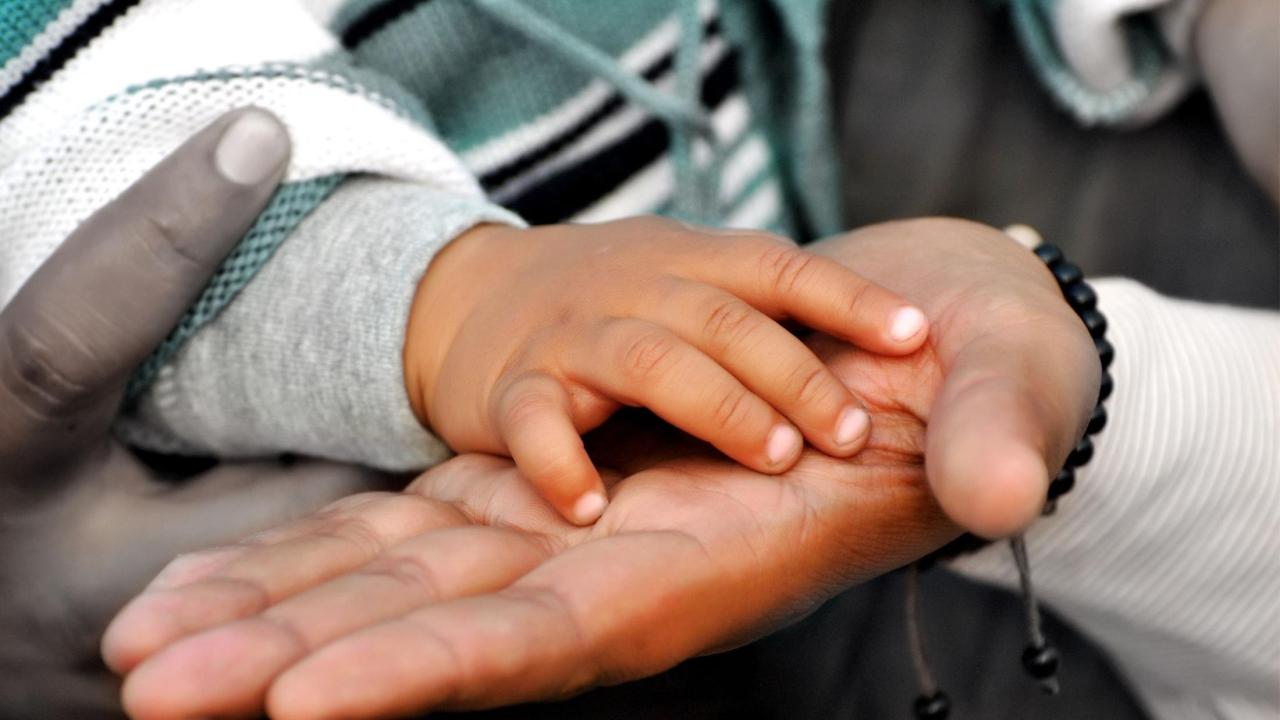
Reading Beyond Health: Care
The Feminist Research Institute will host a Collaboratory throughout the year focused on this year’s annual theme “Beyond Health.” The Collaboratory brings together our Visiting Scholars and members of the UC Davis community to engage in timely conversations organized around keywords related to the theme.
What do we mean when we say “care?” Eighteen people, facilitated by three Feminist Research Institute visiting scholars, met at FRI’s virtual collaboratory in December to explore that keyword.
It is difficult to address issues of health and health disparities without thinking about care; namely who provides it, who receives it, and how our approach to it shapes the very foundation of how we organize our communities. While the concept of care has a long history in feminist thought and activism, it has become a buzzword in the midst of the COVID-19 crisis. Longstanding tensions over care labor (both unpaid and paid) have come to a head. While drawing attention to critical issues around labor and the distribution of illness across populations, performing care is also becoming a way for policymakers and corporations to signal their commitment to people’s well-being without necessarily committing resources. Whether the increase in attention to “care” will translate into substantive change or equitable care outcomes is an open question.
Readings to consider:
From Fisher and Tronto’s “Towards a Feminist Theory of Caring” (1990):
“[We] suggest that caring be viewed as a species activity that includes everything that we do to maintain, continue, and repair our ‘world’ so that we can live in it as well as possible. That world includes our bodies, our selves, and our environment, all of which we seek to interweave in a complex, life-sustaining web.” (40)
From Thom von Dooren’s “Care” (2014):
“The obligation to ‘know more’ emerges as a demand for a kind of deep contextual and critical knowledge about the object of our care, a knowledge that simultaneously places us at stake in the world and demands that we be held accountable: what kinds of emotional, political and epistemic, frames orient our caring acts? What counts as care and why? How else might care be imagined and practiced? In short, what am I really caring for, why, and at what cost to whom?” (293)
Deep dives:
Matters of Care: Speculative Ethics in More Than Human Worlds (2017) by María Puig de la Bellacasa
Care Work: Dreaming Disability Justice (2018) by Leah Lakshmi Piepzna-Samarasinha
Trans Care (2020) by Hil Malatino
“Radical Care,” a Special Issue of Social Text (2020)
The Care Manifesto (2020) by the The Care Collective
Organizations to check out:
National Domestic Workers Alliance
Mutual Aid Toolbox compiled by Dean Spade
Want to write about care?
Signs: Journal of Women in Culture and Society has a call for papers on “Complexities of Care and Caring.” Submissions due December 15, 2021.
Thanks to FRI Visiting Scholars Mayra Sánchez Barba, Tamara Lea Spira, and Hannah Zeavin for facilitating our December Collaboratory and to all the attendees for their contributions.